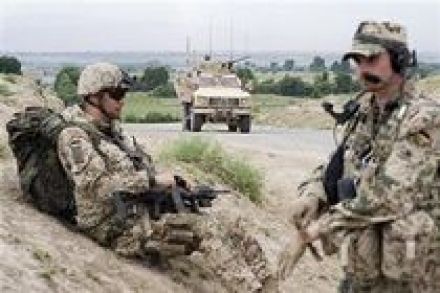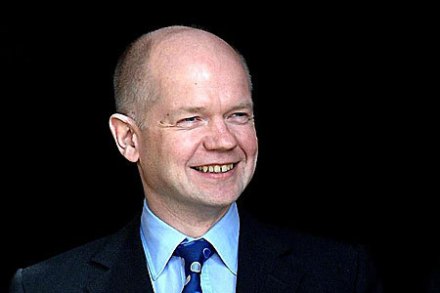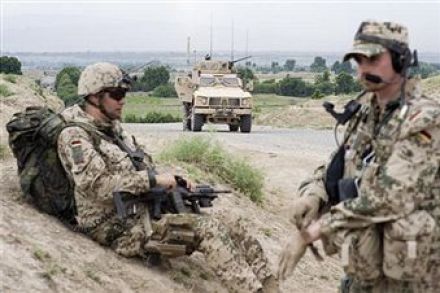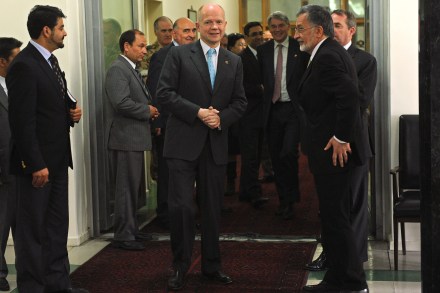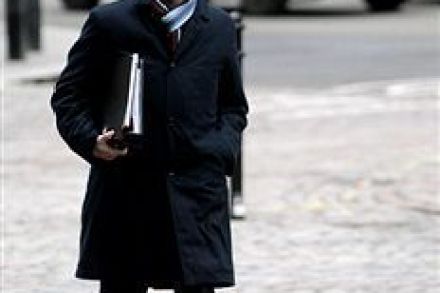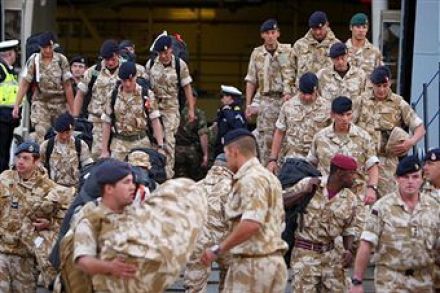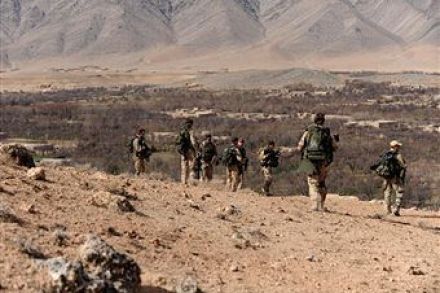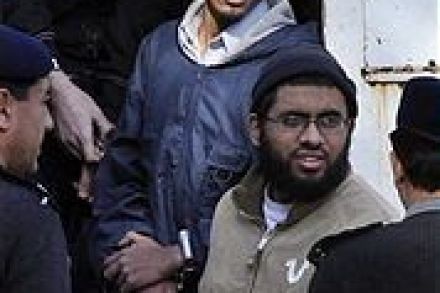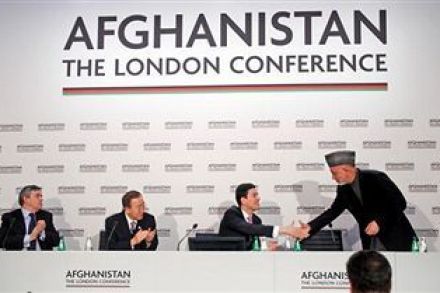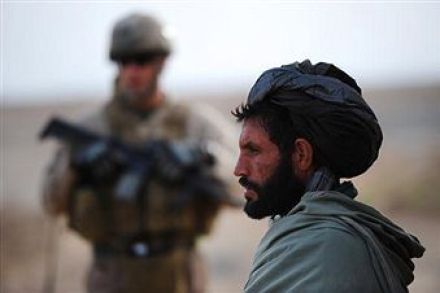Avoiding Groupthink
I hope CoffeeHouse readers will forgive the attention I am heaping on the Afghanistan War these days, but the campaign is moving into a decisive phase with a July donor’s conference in Kabul that Hillary Clinton is reportedly attending, a “peace jirga” scheduled to consider plans to negotiate with the Taliban and only a year to go before the first US combat troops begin heading home. No 10 is now letting it be known that the Prime Minister, his key Cabinet ministers, generals and aides will gather shortly to discuss the mission. A sort of condensed Obama review of the UK contribution. Besides the Afghan experts already in the Crown’s
